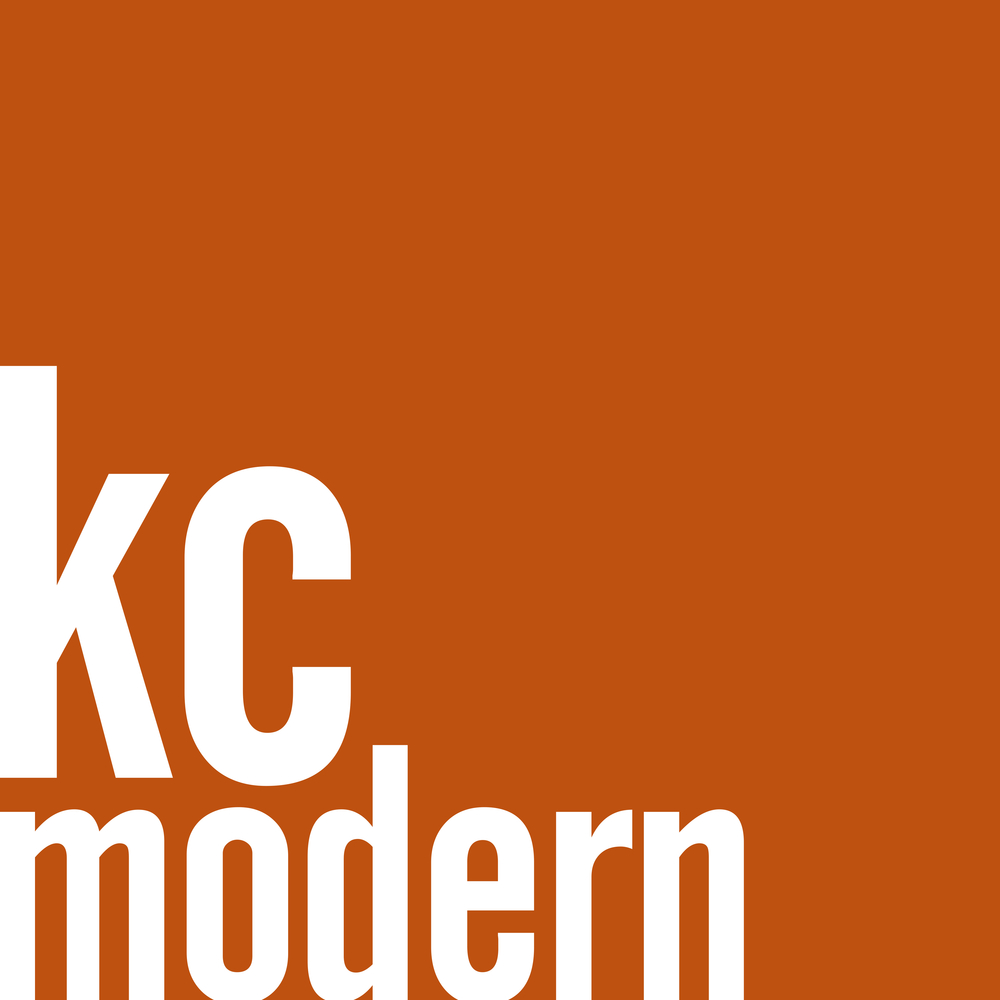 Kem Weber. Elevation of Rumpus Room for W. E. Bixby, Sr. Residence, 1936-37. Watercolor and graphite on board. The University Art Museum, University of California at Santa Barbara.
Kem Weber. Elevation of Rumpus Room for W. E. Bixby, Sr. Residence, 1936-37. Watercolor and graphite on board. The University Art Museum, University of California at Santa Barbara. Rumpus Room of W. E. Bixby, Sr. Residence, Kansas City. Photograph by R. B. Churchill, 1937. The University Art Museum, University of California at Santa Barbara.
Rumpus Room of W. E. Bixby, Sr. Residence, Kansas City. Photograph by R. B. Churchill, 1937. The University Art Museum, University of California at Santa Barbara.This illustration and photograph are the interior designs of Kem Weber for the Bixby Residence which we featured an exterior photograph of here last week. The Moderne Style residence is located on the Missouri side of State Line Road. I am sure that many of you have driven by this house hundreds of times.
Weber is best known for his designs for the interiors of the original Walt Disney Studios in the 1930's and the ubiquitous Airline Chair (1934), which was used thoughout the studios.
In 1936 and 1937, Weber designed thirteen rooms for the Walter Edwin Bixby, Sr. home that was done in an uncharacteristic Modern style by noted Kansas City architect, Edward W. Tanner, who designed many of the buildings on the Country Club Plaza.
According to the University Art Museum, University of California at Santa Barbara website:
In its 1939 review of the Bixby interiors the London-
based International Studio praised Weber’s exploration
of the full creative potential of the Moderne aesthetic
through bold colors—Dubonnet (maroon), midnight
blue, coral red—and such new materials as aluminum,
glass block, linoleum, and masonite as well as richly
veneered plywood and cork paneling. Weber used
moveable and built-in furniture, combined with
veneered wood paneling surrounds to manipulate the
existing outline of Tanner’s rooms. Critics singled out
Weber’s distinctive use of the curved line in his design
for the built-in furnishings of the basement rumpus room
and its drop ceiling with concealed overhead lighting.
Bixby sold the house 1949 and unfortunaly the interiors were eventually dismantled, but we still have Weber's original renderings to show us this great design.
See the University Art Museum, University of California at Santa Barbara website for a more in depth discussion of the Bixby Residence.
Page 1
Page 2
Page 3
